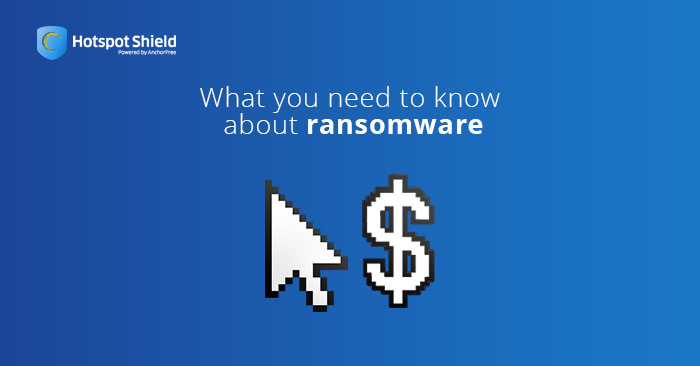How to get a Finnish IP address
The easiest way to improve your digital privacy is to switch your IP address using a VPN. We’ll …

We all know how kidnapping works. Victims are unlawfully taken away and transported against their will, and then the kidnappers contact the victims’ family members to demand ransom in exchange for their return. It’s a situation that would alarm anyone, because someone important is forcefully taken away from them.
Now imagine if this scenario happened to you, but rather than a loved one, it’s the files in your system that were kidnapped? Would you pay the ransom to get those files back?
If you think that this scenario is not likely to happen to you and your beloved files, think again. Hundreds of thousands of Internet users have already been victimized by ransomware, and with this kind cybercrime becoming more and more complex, the chances of you becoming a victim is also increasing.
Ransomware refers to a type of malware that prevents users from accessing the whole or certain areas of their system, demanding them to pay a ransom to the individuals who operate the malware in exchange for the “keys” to the restriction.
Ransomware can be installed on a system in a manner that is not known to the system’s owner, including via malware attacks, or through files with Trojan components, to name a few. Once installed, it encrypts the files within the system. The encrypted files become almost impossible to decrypt without the decryption key, which is why a lot of victims impulsively pay the ransom.
Ransomware continues to be one of the biggest issues that Internet users face today. In the US alone in 2015, victims shelled out more than $24M for keys to files locked by ransomware, according to the US Department of Justice.
In a report by international security firm Kaspersky Lab released last month, it said that ransomware modifications jumped by 14% in the first quarter of 2016. In an earlier report, the firm revealed that more 750,000 unique computers were found to have these unwanted programs installed in their systems.
As ransomware cryptovirology become even more sophisticated, the number of victims is expected to rise. Fortunately, you can avoid being one of them. All you need to do is get the right tools to protect your device from these attacks, such as a virtual private network (VPN).
One common entry point of ransomware is through malware attacks, which are commonly found on thousands of websites on the Internet. While you can rely on your judgement to protect yourself from ransomware, sometimes this is not enough as malware attacks with ransomware components are socially engineered to fool would-be victims.
If you’re looking for a cheap VPN option, look no further. Hotspot Shield is a VPN that protects your device from ransomware entry via malware, by informing you if the website or link that you’re trying to visit is infected. Hotspot Shield can detect malware as it uses a database of more than 3.5 million known and suspected web domains.
Hotspot Shield is a free for download VPN that provides free malware protection for all platforms, including Windows, Mac, iOS and Android devices. In addition to its free malware protection feature, Hotspot Shield VPN also has other nifty features to make your browsing experience secure and more enjoyable.
Hotspot Shield VPN can also:
All of these features make Hotspot Shield the best VPN for Windows, Mac, iOS and Android. To protect yourself from ransomware, download Hotspot Shield now!
